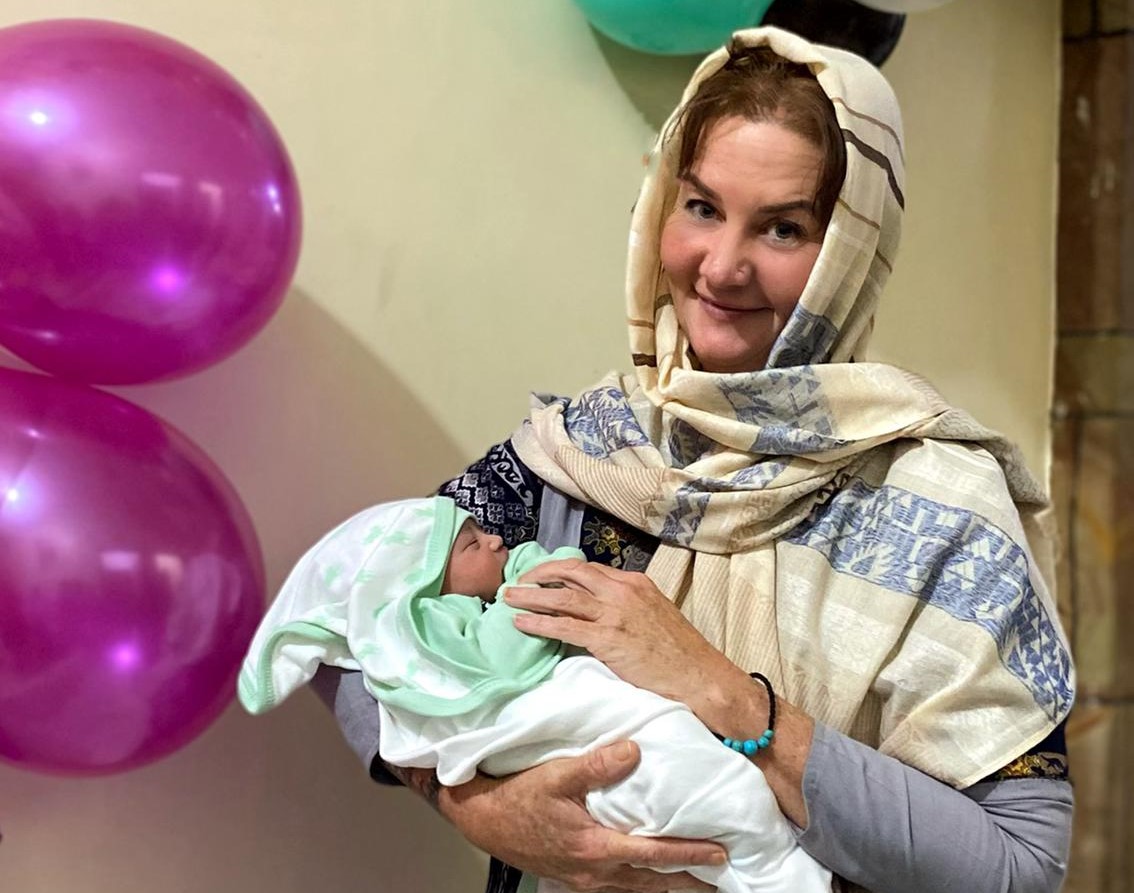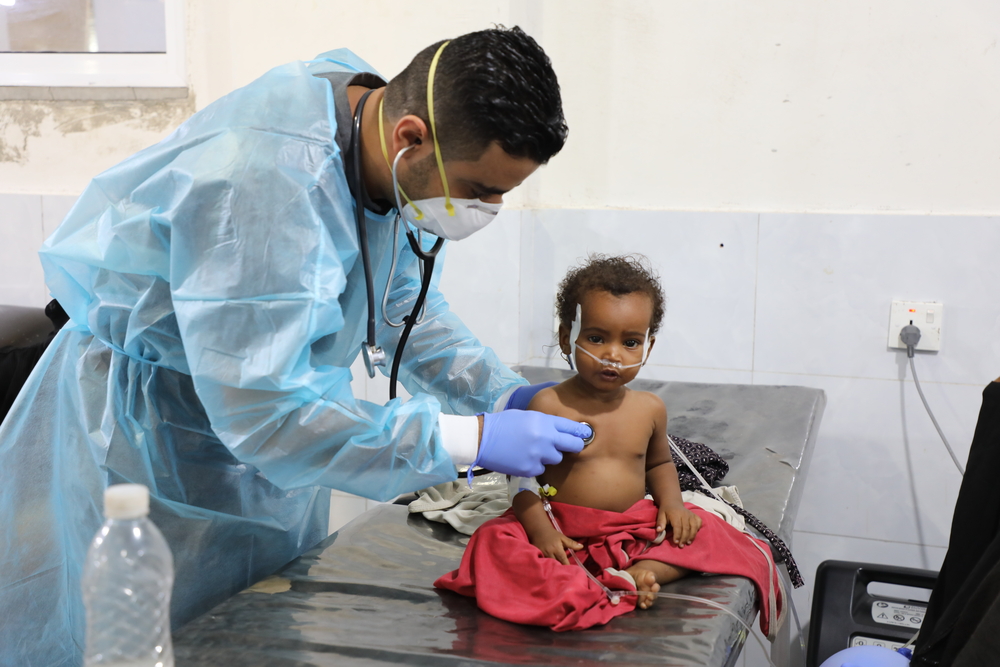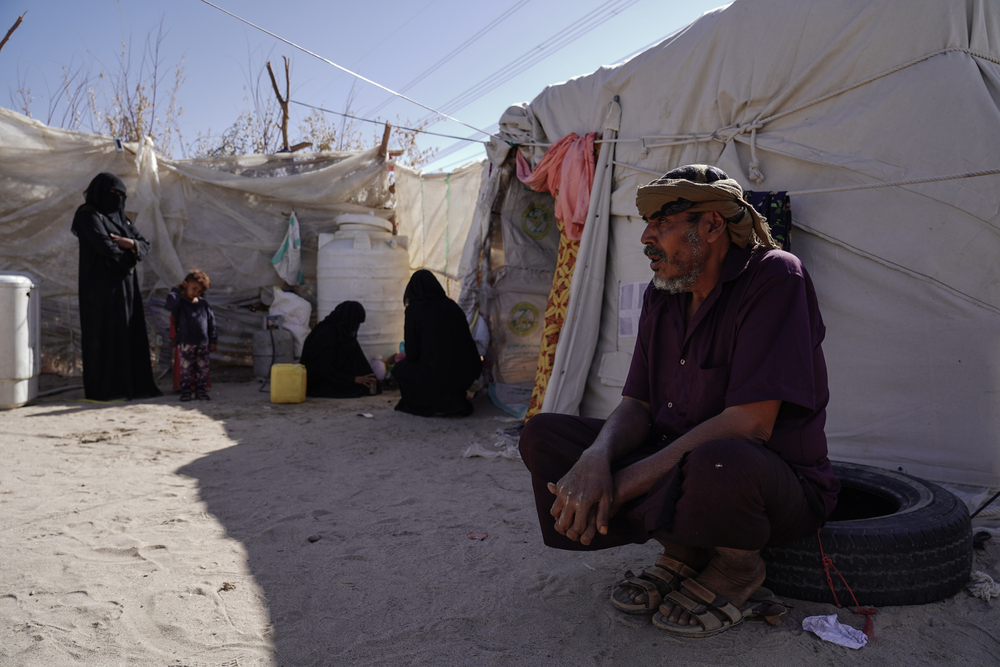This article was originally published on The Geraldton Guardian.
In a city like Geraldton, in a country like Australia, there are many things that are taken for granted.
Clean water from a tap, the sound of planes flying above, children playing, moments of quiet and peace.
There were all things Kaylene Tomkins thought little about before moving to work with Médecins Sans Frontières (MSF) to help manage a hospital in the war-stricken nation.
The Geraldton resident had worked as a nurse and health bureaucrat for 16 year at Geraldton Health Campus while she raised her daughter as a single mother, before deciding in 2022 that she wanted to use her skills and experience to make a difference in one of the world's worst humanitarian disasters.
Ms. Tomkins now works as a hospital director at MSF's Taiz Houban Mother and Child Hospital in the city of Taiz, 10 minutes from the front line.
Despite the preparations, witnessing the poverty and impact of war in Yemen was confronting.



